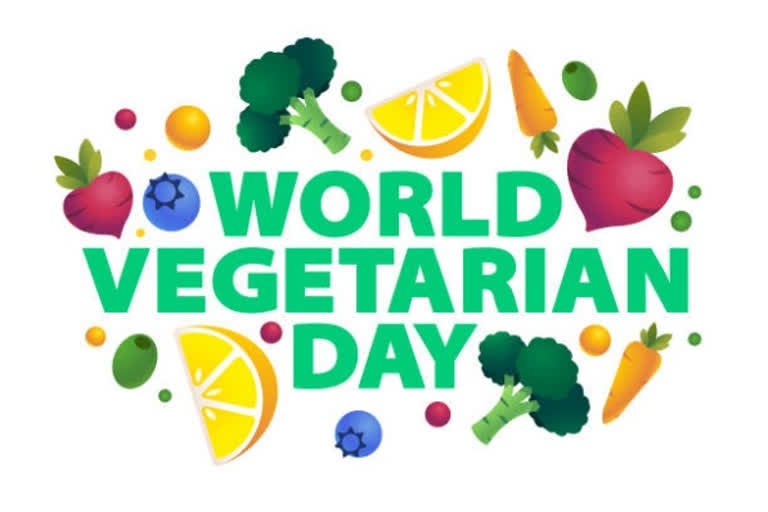Hyderabad: Celebrated on the 1st of October worldwide, World Vegetarian Day was established by the North American Vegetarian Society (NAVS) in 1977 in order to bring awareness to the Health, Ethical, Humanitarian, and Environmental benefits of the Vegetarian Lifestyle. Further endorsed by the International Vegetarian Union in 1978, the entire month of October is observed as Vegetarian Awareness Month.
A vegetarian diet varies from vegetables, seeds, legumes, fruits, nuts, and grains. The lifestyle also includes Lacto-Ovo vegetarians, who consume animal products such as eggs, dairy, and honey. A stricter form of Vegetarianism is Veganism, where consumers abstain from consuming anything that may include any kind of animal products or may be made from animal labor. Others include Raw Vegetarianism, where consumers only eat raw foods or products that have been dehydrated; and fruitarianism, where adherents only consume fruits and nuts, preferably obtained without any harm to the plant.
Different reasons to adopt Vegetarianism as a Lifestyle: In many cultures like Hinduism, Buddhism, and Jainism vegetarianism is an integral part of religion. Many such sects prohibit the consumption of meat and animal products, though the use of milk, honey, and sometimes unfertilized poultry eggs is acceptable.
Religious vegetarianism tends to emerge from a philosophy of non-violence and compassion toward the natural world, hence members of the Jain religion follow a form of vegetarianism that not only prohibits eating animal products, but also restricts the consumption of root vegetables like onions, potatoes, and garlic.
